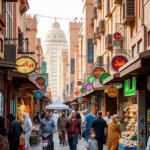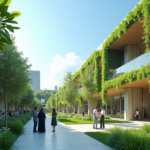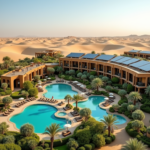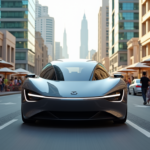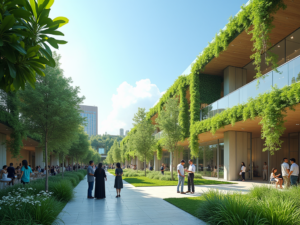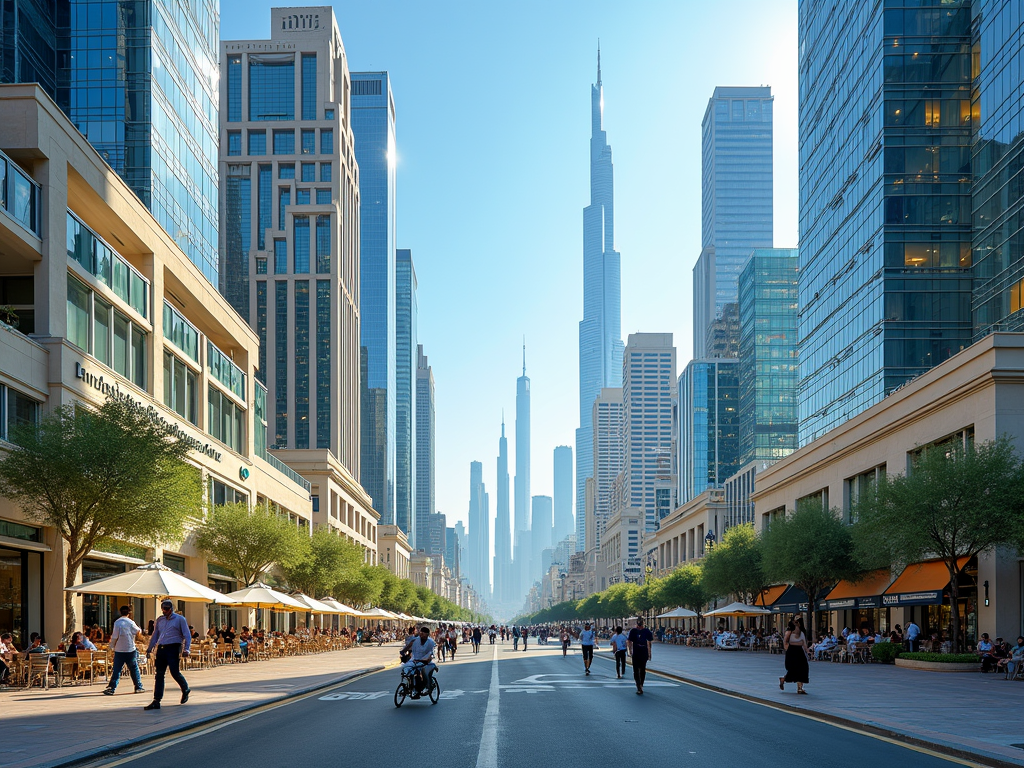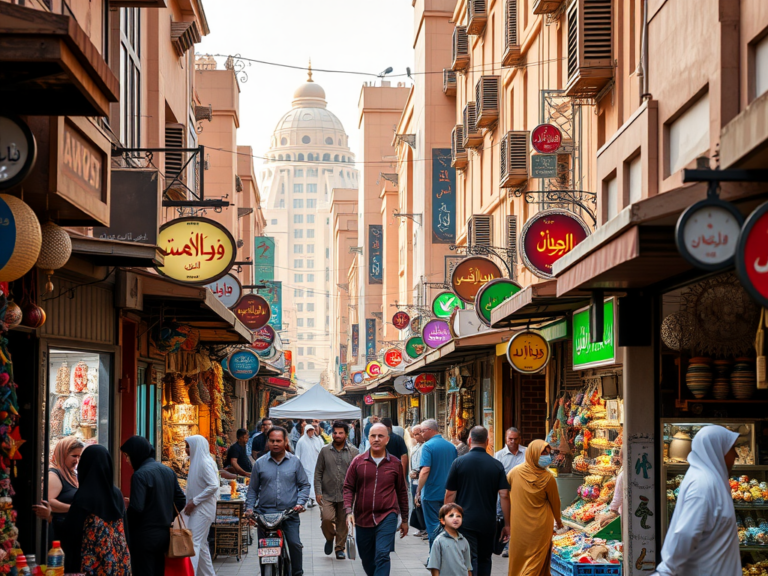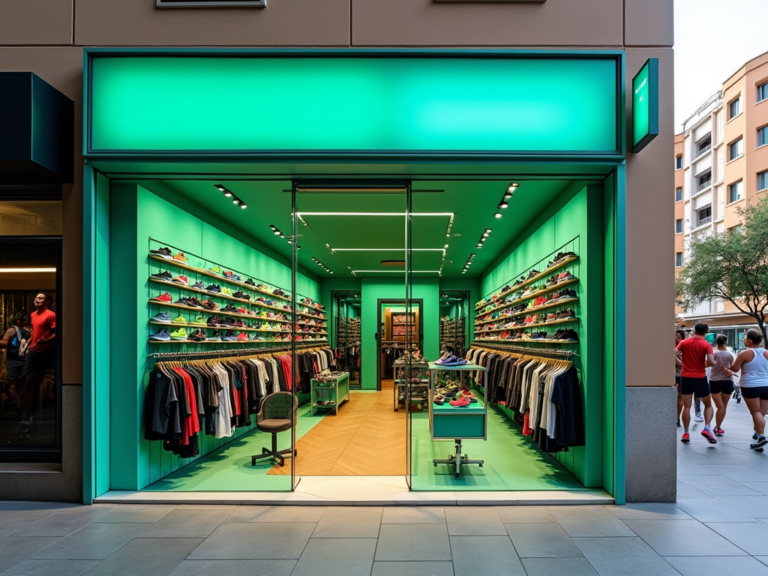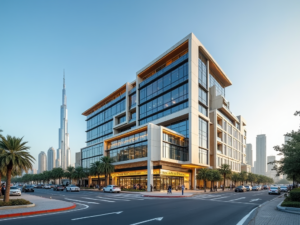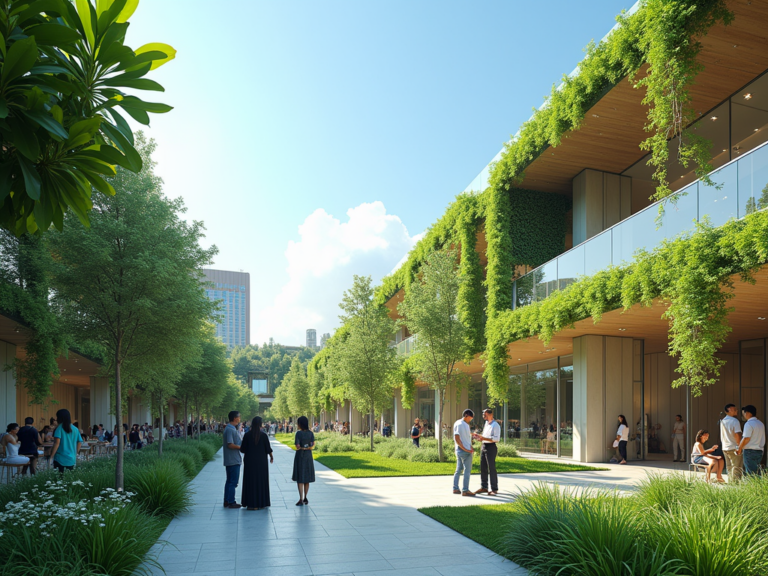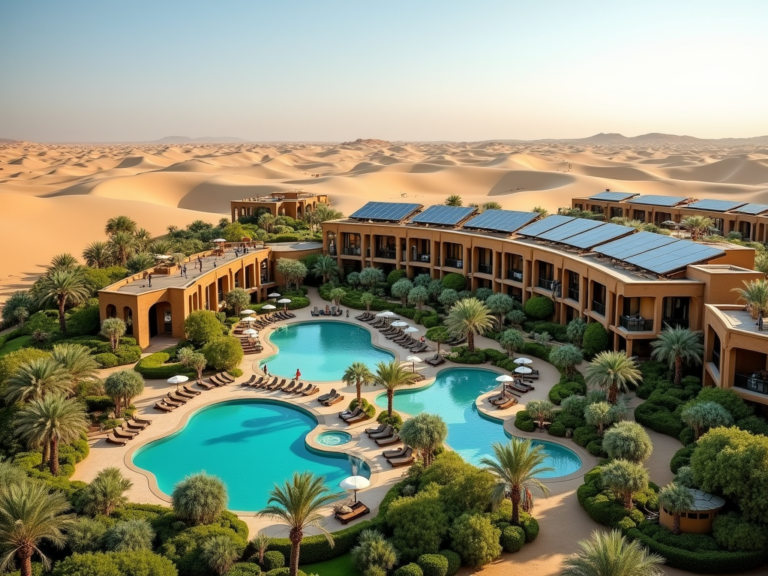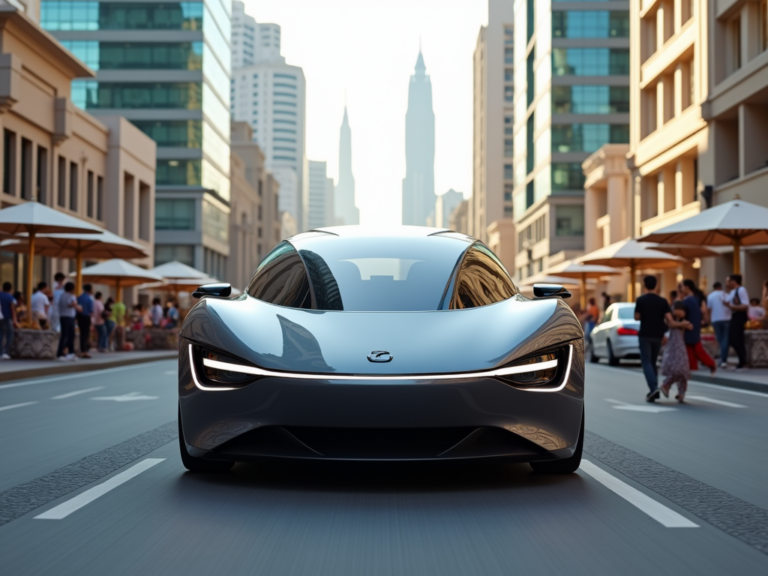Dubai’s rapid transformation into a global business hub is primarily attributed to its world-class infrastructure. The city’s advanced transportation networks, state-of-the-art logistics facilities, and cutting-edge telecommunications combine to create a conducive environment for entrepreneurs and multinational corporations. This article delves into the specific elements of Dubai’s infrastructure that are amplifying business growth, enhancing connectivity, and attracting investment from around the globe.
The Role of Transportation Infrastructure
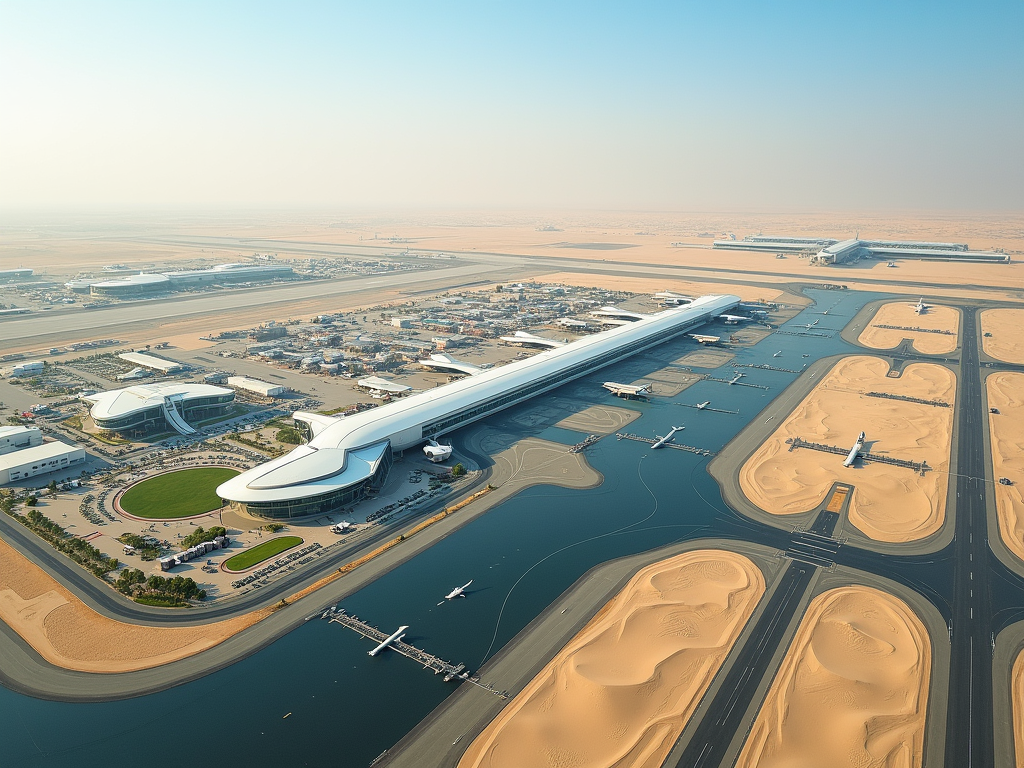
Transportation infrastructure in Dubai is one of the key pillars supporting its economic growth. With a robust network of roads, rail systems, and airports, the city ensures seamless movement of goods and people. Notably, the following elements enhance transportation efficiency:
- Dubai International Airport: As one of the busiest airports in the world, it connects over 240 destinations and accommodates millions of passengers annually.
- Dubai Metro: An extensive light rail network that facilitates quick and affordable transport across the city, reducing traffic congestion.
- Major Highways: Modern highways like Sheikh Zayed Road provide direct links to neighboring countries, facilitating trade across the region.
This efficient transportation framework not only supports local businesses but also attracts foreign investment, making it easier for companies to establish and expand their operations in Dubai.
Logistics and Warehousing Facilities
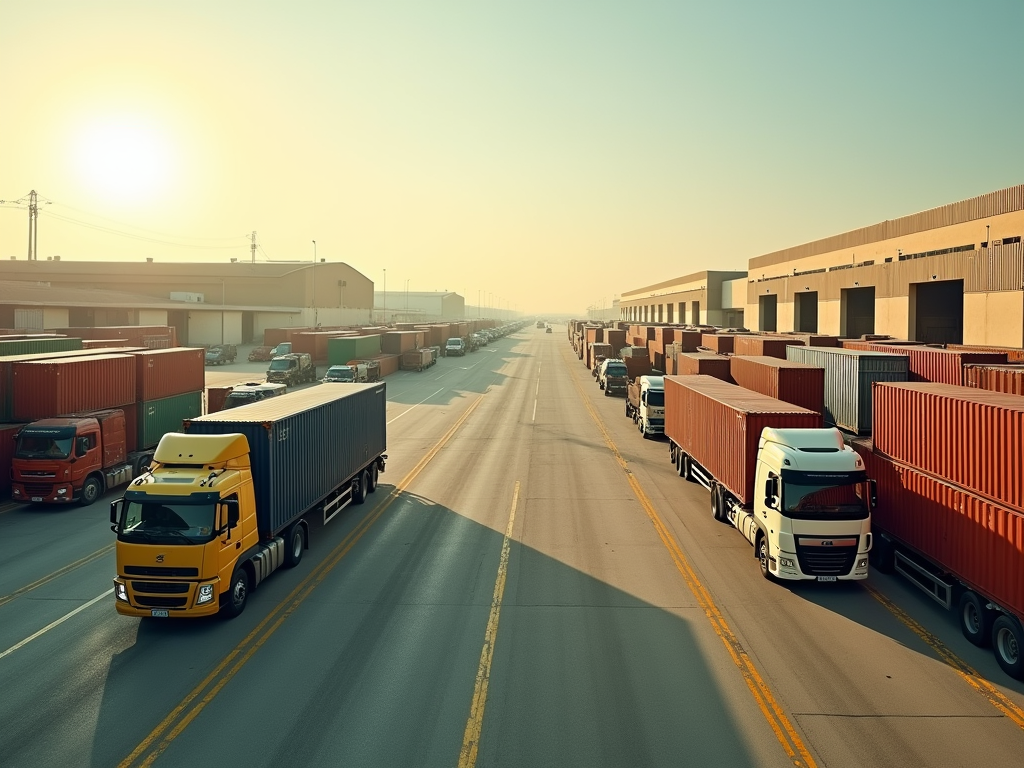
Dubai’s strategic geographical location at the crossroads of Europe, Asia, and Africa makes it an ideal logistics hub. The city’s logistics infrastructure is further enhanced by numerous free zones that offer businesses tax incentives and customizable facilities. Key logistics features include:
- Jebel Ali Port: The largest man-made harbor, enabling easy access to shipping routes and handling millions of containers per year.
- Dubai Logistics City: A dedicated area within the Dubai World Central hub that supports businesses in freight forwarding and logistics management.
- Cold Chain Facilities: Advanced refrigerated warehouses that cater to the growing demand for perishable goods.
These logistics and warehousing facilities not only reduce costs for businesses but also ensure timely delivery, thereby enhancing customer satisfaction and loyalty.
Telecommunications and Digital Infrastructure
In today’s digital age, robust telecommunications and digital infrastructure play a crucial role in business operations. Dubai is a pioneer in establishing a strong digital framework that meets the needs of modern businesses. Key developments include:
- High-Speed Internet: Dubai provides widespread access to high-speed internet, facilitating smooth online transactions and communication.
- Smart City Initiatives: Projects aimed at integrating digital technology into urban management, enhancing efficiency for businesses.
- Data Protection Policies: Strong regulations that support cybersecurity, building trust among businesses and consumers alike.
This cutting-edge telecommunications framework enables businesses to harness technology, optimize operations, and innovate, hence improving their competitive edge in the global market.
Urban Development and Business Ecosystem
Dubai’s dynamic urban development is not just about building skyscrapers; it is about creating a thriving business ecosystem. This environment is characterized by:
- Business Centers: Numerous business centers and co-working spaces that foster collaboration and innovation.
- Investor-Friendly Policies: Regulations promoting ease of business make it simple for startups and established firms to operate.
- Networking Events: Regularly organized events and forums that connect entrepreneurs with potential investors and partners.
This synergistic urban landscape attracts diverse businesses, creating a rich tapestry of industry sectors that contributes to Dubai’s overall economic resilience and growth.
Conclusion
In summary, Dubai’s outstanding infrastructure serves as a catalyst for business growth, providing essential support through transportation, logistics, telecommunications, urban development, and an investor-friendly ecosystem. As a result, the city continues to attract businesses from around the world, bolstering its position as a leading global hub for commerce and investment. The interplay of these infrastructure components not only enables companies to operate efficiently but also ensures that Dubai remains competitive in the global market.
Frequently Asked Questions
1. How does Dubai’s infrastructure benefit foreign businesses?
Dubai’s infrastructure facilitates seamless logistics, efficient transportation, and strong telecommunications, making it easier for foreign businesses to establish and operate in the city.
2. What are the primary logistics facilities in Dubai?
Key logistics facilities include Jebel Ali Port, Dubai Logistics City, and advanced cold chain warehouses that support various industries.
3. Why is transportation infrastructure crucial for Dubai’s economy?
The transportation infrastructure minimizes delays and costs associated with moving goods, enhancing trade efficiency and attracting foreign investment.
4. How has digital infrastructure influenced businesses in Dubai?
A strong digital infrastructure enables businesses to adopt innovative technologies, optimize operations, and improve their competitive edge.
5. What role do free zones play in Dubai’s business ecosystem?
Free zones in Dubai provide tax incentives and customizable facilities, making it attractive for businesses in logistics, technology, and many other sectors.

